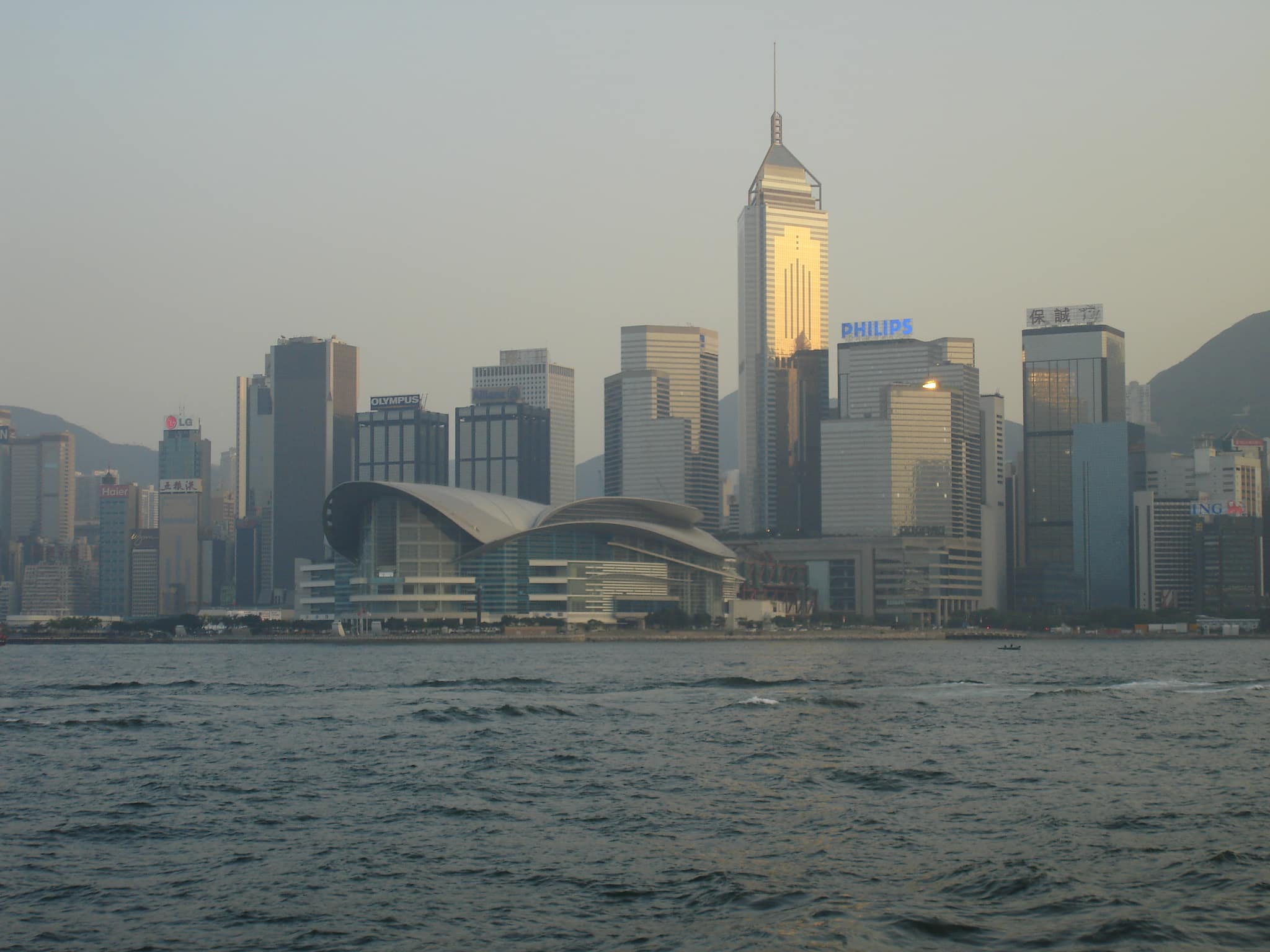Last Thursday, I was invited as a guest to join Harvard Professor William Kirby on a Boston public radio program “Open Source” to discuss a billion dollar question – Can China Lead?
“Can China Lead?” is Kirby’s new book based on a simple premise: If the 19th century belonged to the Europeans, and the 20th century was America’s, then the 21st century belongs to China. Right?
Kirby (my former Chinese history professor and a good friend) has two responses. Yes, and No.
Why Yes?
China has led.
Kirby told the New York Times that “ China is home to the longest continuous civilization in world history. Little more than 200 years ago, the Qing empire presided over the strongest, richest and most sophisticated civilization on the planet. Its economy was the largest and one of the freest in the world. The richest men on earth lived in China.”
Why No?
Not yet.
China has arrived at “an inflection point.”
Kirby describes a regime showing “signs of insecurity” and cites examples of repression such as arrests of dissidents calling for government transparency, censorship of social and mass media, and a ban of teaching students “seven topics including universal values, press freedom and civil rights” as part of a rigorous ideological control campaign under the new Communist Party leadership.
Why Now?
Here in America, we encourage everyone to speak up. We see dialogue and discussion as the first step towards mutual understanding. We see open communication and informed opinions as the pathway for growth and development.
When you listen to our studio conversation, “Open Source”, you will hear a wide-ranging spectrum of voices in China and in America – including artist, journalists, entrepreneurs and university students We have all expressed awe and admiration for China’s incredible rise over the past 30 years. But we also voice concerns for the multiple frictions, flash points and fault lines within Chinese society, including Hong Kong (my hometown) that are divisive and potentially explosive.
In my view, Hong Kong is the place to watch next.
Remember the mass protests last September that lasted 75 days? Another wave may be underway.
Protestors had been pushing for an open nomination process to select Hong Kong’s next Chief Executive in 2017. The latest election reform proposal as of last Wednesday shows no compromise, infuriating many legislators and provoking many citizens to call it “fake democracy.”
Without a pragmatic and flexible approach from both sides to find and secure a middle ground, it remains a sticky situation that threatens to sizzle before the summer.


